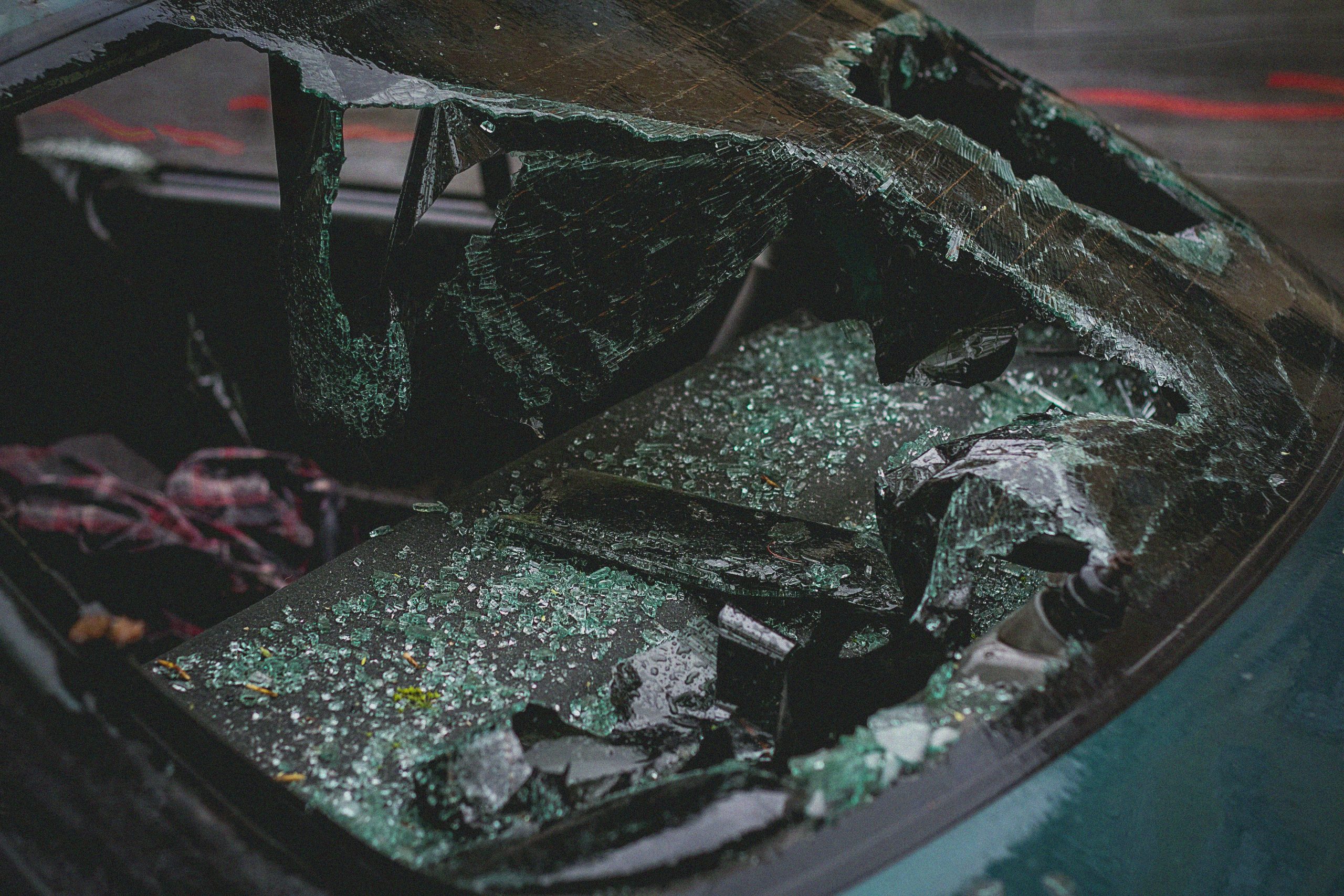Seeking Advice on Navigating Insurance After a Car Accident
My wife was recently involved in a car accident where the other driver was at fault. We exchanged insurance details at the scene.
Since then, my wife has incurred several medical bills from an urgent care visit and follow-up appointments, had to take time off work, and it looks like our car is a total loss.
This is our first experience dealing with insurance after an accident of this magnitude, so I want to ensure we understand the process as thoroughly as possible.
Initially, we opened a claim with our own auto insurance since we have comprehensive coverage that includes a rental car allowance, which we urgently needed as we are without a vehicle. We’ve already shared the other party’s insurance information and the police report details with our representative.
However, we’re feeling a bit uncertain about the next steps.
Here are some questions we have:
-
What’s the best way to handle our medical bills at this point? Should we file a claim with the other driver’s insurance, go through our car insurance claim, or use our health insurance?
-
How do we get reimbursed for any deductibles associated with our claims?
-
When we receive the settlement from our car insurance, how can we be sure that the adjuster has accurately assessed the value of our car? Is it common for there to be misvaluations, or is this process generally reliable?
Any advice or insights would be greatly appreciated. Thank you!




I’m sorry to hear about your wife’s accident, but it sounds like you’re taking the right steps by reaching out for guidance. Navigating insurance processes can definitely be challenging. Here’s a breakdown of your questions:
Addressing Medical Bills: You typically have a few options here. Since the other driver was at fault, you can file a claim with their insurance to cover your wife’s medical expenses. This is often referred to as a “third-party claim.” Alternatively, you can use your own health insurance to cover those medical bills. If your health insurance pays for them, you can later seek reimbursement from the at-fault driver’s insurance. Make sure to keep all documentation, like bills and medical records, organized.
Reimbursement for Deductibles: For deductibles associated with your own insurance claim (like for collision coverage), you would need to file a subrogation claim with the at-fault driver’s insurance. This process allows your insurance company to pursue recouping the deductible amount from the other party’s insurance. Keep records of your deductible payment, as you’ll need this for the claim.
Valuation of the Car: When it comes to evaluating the total loss of your vehicle, insurance adjusters typically use market value assessments, which include factors like the make, model, age, condition, and mileage of your car, as well as comparisons to similar vehicles in your area. While adjusters should provide an accurate evaluation, there can be discrepancies. If you disagree with the initial offer, you can negotiate, provide evidence (like independent appraisals or comparable listings), and discuss your concerns with the adjuster.
Overall, it’s crucial to document everything. Keep copies of all communication with both insurance companies, as well as receipts and reports related to medical treatment and any work loss. Don’t hesitate to advocate for yourself—an insurance adjuster’s job is to resolve claims efficiently, but that does not always mean they will offer you the best deal initially.
Feel free to reach out if you have more questions as you move forward. Wishing you and your wife a smooth process!